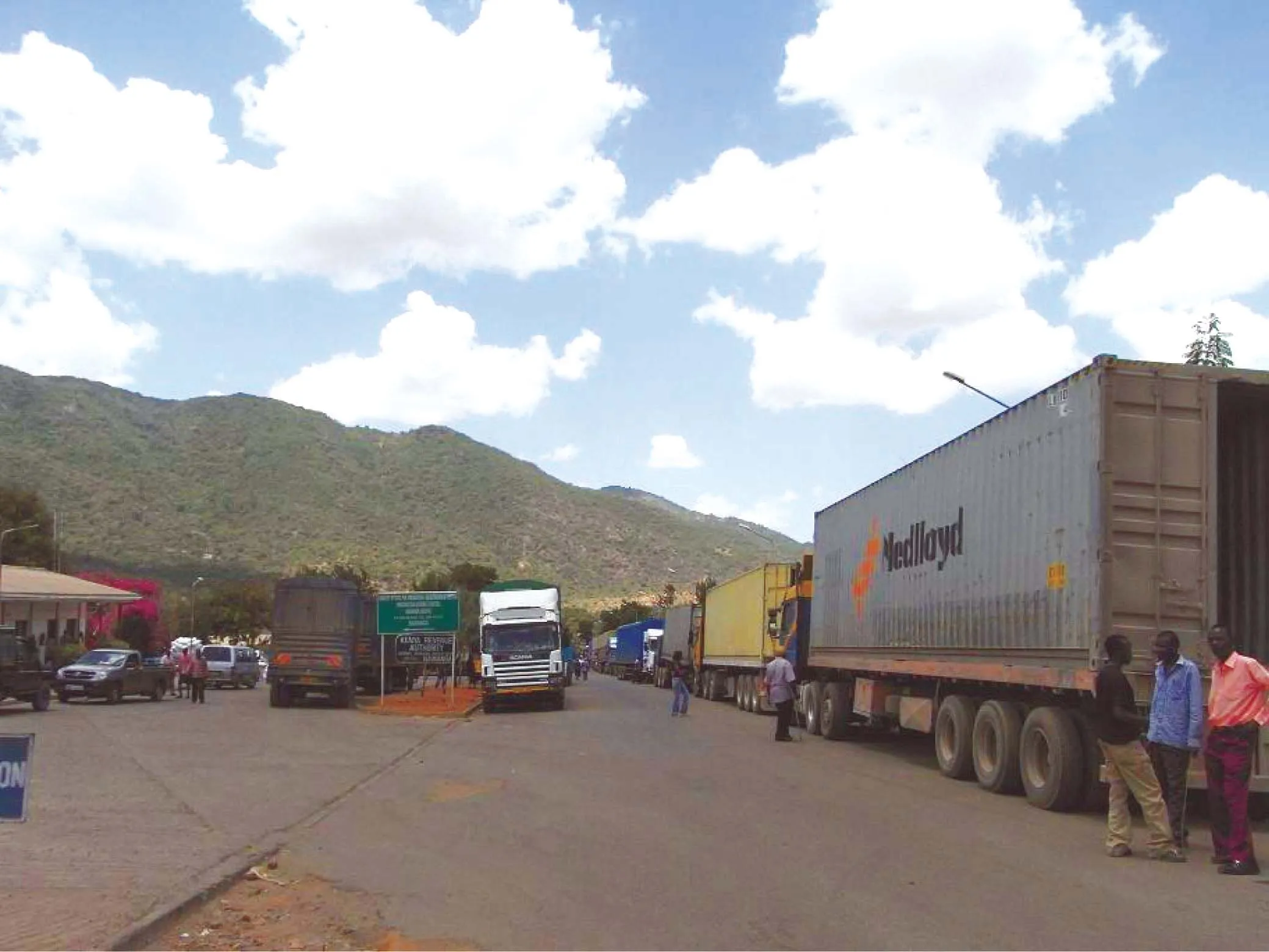Mexico's capital Mexico City is to benefit from an upgraded ring road to the east of the metropolis.
February 23, 2012
Read time: 1 min
Mexico's capital Mexico City is to benefit from an upgraded ring road to the east of the metropolis. This project to build the Anillo Periferico ring road is expected to cost in the region of US$819 million. The investment comes in addition to the $2.46 billion being spent on building Mexico City's Autopista Urbana project, which includes a second highway and the Supervia link. Private financing sources are funding the work, with the projects having been established through a concession model. The highway projects around Mexico City, one of the world's largest and busiest cities, are vital to ensure traffic continues to flow. The city's current road links are heavily congested and traffic volumes continue to grow.







